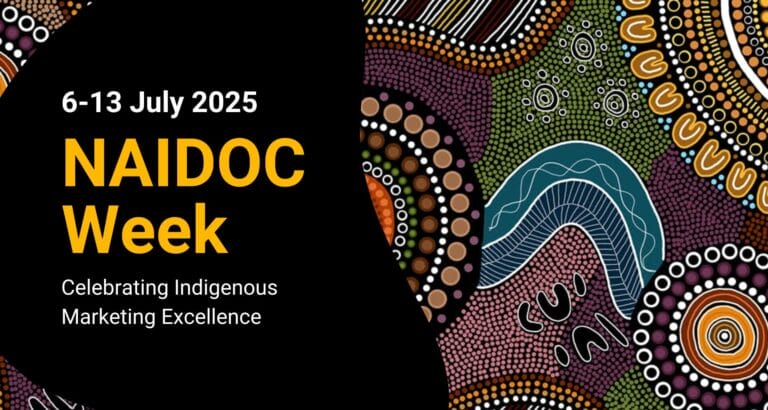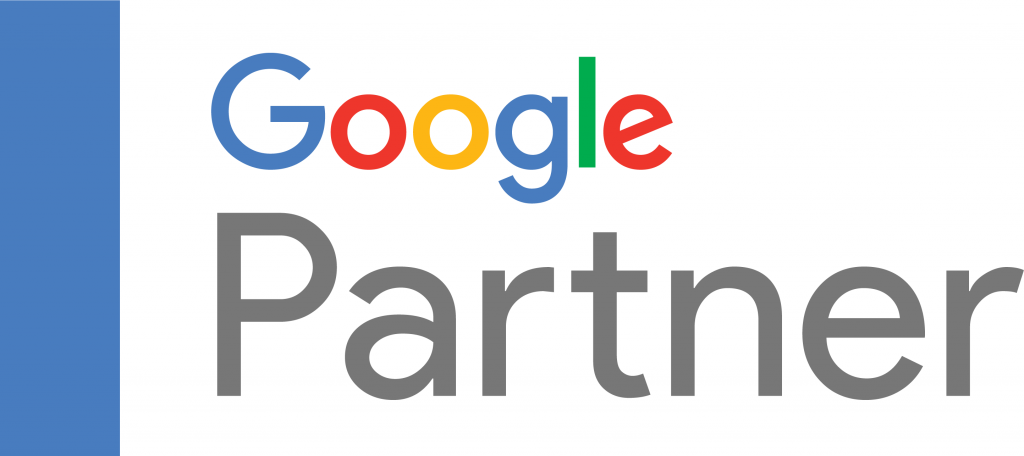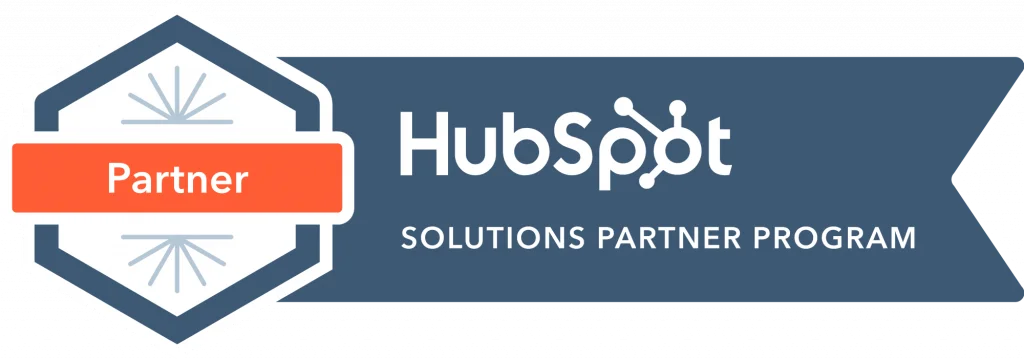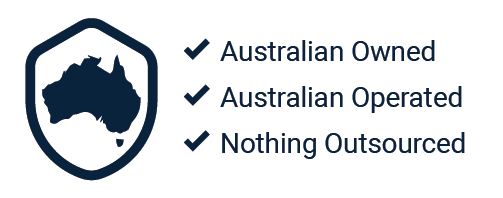INTRODUCTION
Continuing on with our MozCon series where we discuss some of the most influential and informative presentations that we attended at the MozCon 2019 Digital Marketing conference in Seattle, Washington. In this week’s blog post we will be discussing Areej AbuAli’s presentation on ‘Fixing the Indexability Challenge: A Data-Based Framework.’
WHO IS Areej AbuAli

Before jumping into her presentation, we would first like to introduce Areej AbuAli. Areej is the founder of Women in Tech SEO. A support network aimed for women in the technical SEO field. With over 6 years of experiences in digital marketing, technical SEO, data analysis, account management and web analytics, she is also the Technical SEO Manager at Zoopla, a comprehensive property website that focuses on empowering users with the resources they need to make better informed property decisions.
NOW FOR THE PRESENTATION DETAILS
Areej shared with the audience a personal SEO journey that took 18 months. In this presentation she walked the audience through her 18-month journey to fix a client’s indexability challenge.
STARTING THE PRESENTATION – Areej’s Client
The presentation started with Areej’s journey in 2017. Her client that had remain un-named throughout the presentation, was a job aggregator site. They had described themselves as the better version of indeed.com – but with no traffic.
Areej explained that her client was struggling to gain any website traffic, receiving an 89% decrease in organic visibility year on year, and had barely ranked for anything, as seen in the image below:

Areej’s SEO Audit & Findings
Areej’s client was ‘massive’ as she has described it. As with many SEO experts and professionals alike, she recommended conducting a comprehensive audit.
She conducted her audit in a systematic approach focusing on links, tech then content, as seen in the image below:

She ended up with a 70-page document with 50 recommendations. Her findings included the following:
- 72% of backlinks came from only 3 referring domains
- Their on-page content was full of duplication and missing all the basics
- There were no sitemaps
- Canonical tags were not set up correctly
- Internal linking structure was not optimised
Her recommendations were outlined using a traffic light system that was familiar to many of us, as seen in the image below:

Supplementary Findings
Areej explained to the audience that conducting an SEO audit should identify onsite and offsite issues. However, considering such a unique client, she strongly believed there was more to it. As previously mentioned, the issue was the declining organic search visibility and the inability to rank.
Amongst many of us, ability to rank in search engines such as Google is largely dependent on search engine bots to crawl and index a website.
Areej’s client had no rules in place to help direct robots and therefore unique URLs were being created, and therefore creating unlimited URLs with relatively similar content. She had the opportunity to crawl her client’s website and was able to discovered 2.5 million URLs. She concluded that Google was wasting crawl budget by crawling duplicated thing pages and had attempted to index these pages.
She found, after conducting deeper research into her client’s industry, that businesses in this field will do one of two things:
- Limiting indexable pages and therefore miss out on ranking opportunities
- Not limiting indexable pages and wind up with reduced link equity.
Areej’s Solution
With a strong computer engineering background, Areej wanted to developed a framework to address the industry issues listed above.
Through the use of flow chats, Areej developed this framework:
 She clarified her client was essentially a search engine for jobs. Essentially, a user will perform a search and her client’s website will have to provide information from their data base.
She clarified her client was essentially a search engine for jobs. Essentially, a user will perform a search and her client’s website will have to provide information from their data base.
For example, if a user were performing search query ‘Digital Marketing Manager London’ her framework will consider 24 combinations of the search terms. These combinations will increased depend on the search query and the filters applied. Although search engines will consider these variations all the same, the objective is predominantly to avoid duplicating pages that have different versions of the same thing.
She had even considered technical errors, for example variations with the exact same search volume. Her framework will create an indexed crawlable page based on the keyword used in the user search query.
Areej’s Results
Areej explained to the audience that her case study was not a successful story to share. Although she highly suggested utilising framework and her methodology, which can be retrieved from the following link:
She found that her clients did not implement her framework and misused canonical tags, allowing Googlebots to ignore certain tags and pick other pages to index them. This had led to an addition 80,000 pages being indexed despite not being submitted via a variety of sitemaps.
The client’s traffic had declined, initially at 46% decrease had now reached an 86% decrease. Out of the 50 recommendations in her initial audit, more than 50% was not implemented. In addition, she had found 10 new issues, that had only indexed 20% of the variety of sitemaps she had submitted.
KEY TAKEAWAY
Areej addressed a question to the public:
What would have she done differently?
She explained she had conducted a thorough audit and produced solid recommendations to her client. The issue was getting the client to implement them. Her approach had confused her clients and instead of providing a set of recommendations to her client, she suggested delivering a single recommendation. Once this recommendation is completed then move on to the next recommendation.
This confusion experienced by the client will lead to what a lot of technical problems. Areej explained that:
all technical problems are people problems
By bombarding your clients with a list of recommendation will only cause more technical problems.
She concluded with sticking to the basics.
WHAT CAN WE TAKE FROM THIS PRESENTATION
Areej’s presentation walked us through her journey to fix a client’s indexability issue. Although providing an array of solutions to address any client’s SEO issue, she highly suggested guiding your clients each recommendation.










